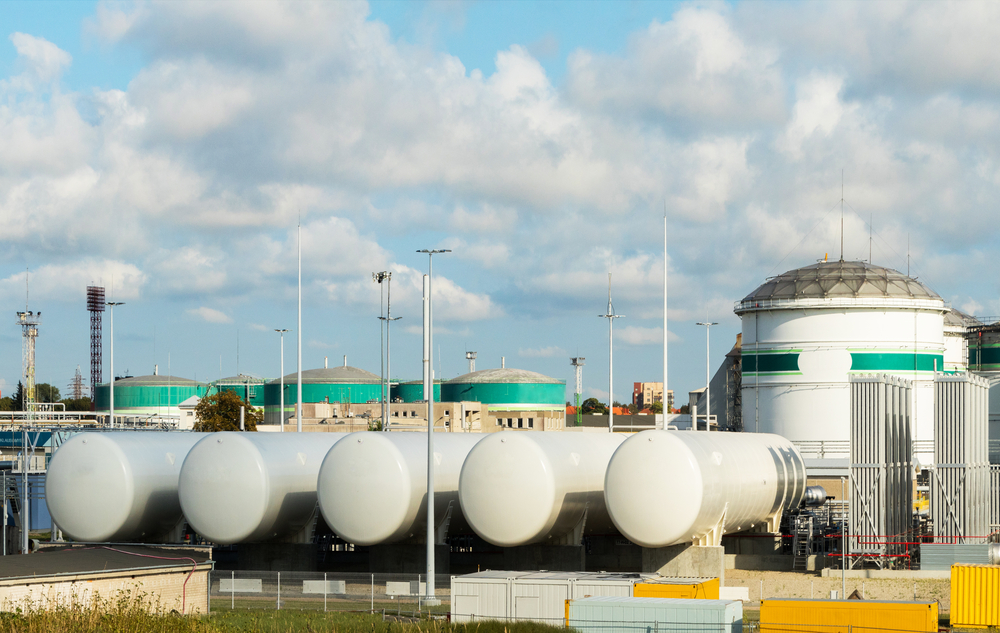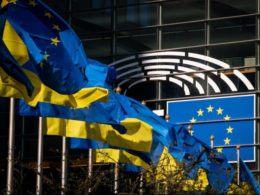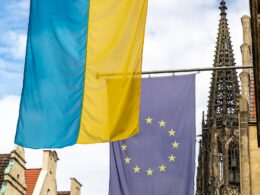Some European countries have significantly increased their imports of Russian liquefied natural gas (LNG) in 2022, even as the EU aims to reduce its dependence on Russian fossil fuels, EUobserver reported, citing the result of a report by the Institute for Energy Economics and Financial Analysis (IEEFA).
The report shows that from January to September 2023, Spain and Belgium doubled their LNG imports from Russia compared to the same period in 2022. Meanwhile, France increased its Russian LNG imports by 40%.
"Approximately 27% of the LNG imported by Spain over this period came from Russia, and Belgium relied even more heavily on Russia, receiving 37% of its LNG from Russia," the IEEFA report stated, according to the EUobserver.
After Russia's invasion of Ukraine in February 2022, the EU pledged to cut its reliance on Russian fossil fuels. However, it has struggled to completely replace Russian gas. The EUobserver reported that the EU has only increased its LNG import capacity.
“European countries continue to expand their LNG infrastructure, even though demand for LNG and gas is expected to decline,” according to the report.
Still, IEEFA analyst Anna Mariia Yaller-Makarevich cautioned that declining gas demand in Europe raises doubts about the need for expanded LNG infrastructure.
"European countries risk swapping dependence on Russian pipelines for an overbuilt LNG system that further exposes the continent to price volatility" she said.
The United States has become the EU's top LNG supplier, providing 46% of its imports. Russia now ranks second, supplying 12% of the EU's LNG imports.
Read also:
- European import of Russian LNG increased to a record volume despite sanctions — FT
- Ukraine’s state company opened 58 new gas wells in 2023, making Ukraine independent from gas imports
- Polish carriers threaten to close all Ukraine border crossings
- Russia damaged thermal power plant in Donetsk Oblast, leaving locals without electricity





